Think about how one instantly associates Facebook with Mark Zuckerberg and Amazon with Jeff Bezos. They are their respective companies’ faces, and they approve every major decision that the company announces. Being the chief executive officer or the CEO, these individuals set the vision and lead the company.
The CEO is the highest-ranking individual in a company making up the corporate ladder’s top rung. They are the highest-paid executives with the most responsible jobs. They hold immense power in making any decisions for the company and are equally accountable for such decisions.
CEOs guide the other executives belonging to the C-level executive category. Here, C stands for “Chief”. In a business, the C-suite is considered to form the most influential group of individuals. These groups of executives lead several departments that form the vital organs of a business. The CEO leads these executives and evaluates their work.
But who is a CEO and what are their responsibilities? What is the difference between a CEO and an owner?
Let’s find out!
Who is a CEO?
A chief executive officer (CEO), also called a chief administrator or chief executive, is the highest-ranking chief-level executive in charge of managing the organisation’s overall operations, making top-level managerial and corporate decisions.
The CEO is the face of the company who is the ultimate authority in making final decisions and setting the business’s aspirations and objectives. They hold one of the most powerful positions in a business and have an integral role in the success of the company.
He is accountable to and reports directly to the board of directors – a group of individuals elected to represent the company’s shareholders. It’s this board that elects and appoints the chief executive officer of the company.
Roles of a CEO
The CEO is the highest-ranking executive manager and decision-maker of the organisation. From deciding on a strategic direction of the business to being the intermediary between the board and the executives, the CEO has several roles in an organisation.
- Leader: The CEO is essentially the leader of the company, leading the development of key short-term and long-term strategies and sets out to guide the executives who head the company’s different departments. In the process, they ensure that the company’s objectives are met.
- Visionary: The CEO looks into the future for opportunities that the business can capitalise on. They set the vision that the company and its executives follow.
- Information bearer: The CEO ensures that the staff and the board have sufficient knowledge about the company’s direction. He forms the interface between the board and the employees and between the organisation and the community.
- Manager: A CEO oversees the operations of the business and also maps out plans and sees to it that they are implemented. Additionally, a CEO also manages the business’ human, physical and financial resources.
- Decision-maker: CEOs play an integral role of deciding the course of action of the business. They also formulate policies and plan out how the business shall operate.
Responsibilities of a CEO
A CEO is essentially the face of a company, and hence, has several responsibilities. They include:
- Deciding on strategic direction for the company: The CEO has a key role in deciding the company’s values, mission, vision, direction and overall strategy. It’s their responsibility to figure out how all the organisational keys fit together, leading to a smooth functioning in accordance with its overarching strategy. The CEO also takes vital decisions like deciding the offerings’ unique selling proposition and the brand’s value proposition.
- Being the public face of the company: The CEO is synonymous with the company they work with. For example, Mark Zuckerberg equals Facebook for the majority of the people. Their actions can make or break the company.
- Reporting to the board of directors: The CEO is always a part of the board, and they have to be accountable for the company’s actions to the board.
- Management of business resources: The CEO oversees every decision related to key business resources like the company’s budget, human resource management, etc.
- Public relations and community – CEOs ensure that their programs, missions and offerings are assigned a positive meaning to ensure that they remain attractive to stakeholders.
- Finding growth opportunities: The CEO is a visionary who always look for opportunities to help the organisation grow and flourish. These opportunities include acquisitions, mergers, partnerships and other key business strategies.
- Developing And Advising the board: The CEO assists in the selection and evaluation of the board members. He even advises the board on several key decisions.
- Evaluation of key executives: The CEO monitors and evaluates the work of the other chief-level executives of the company. Such chief-level executives report to the CEO, and together they form judgments and, accordingly, make decisions for the business.
- Evaluation of offerings – A CEO keeps a check on the offerings that the company offers and ensures the quality design, promotion, marketing, delivery, and quality of programs.
Average Salary of a CEO
In 2020, the average salary of a CEO in the USA stood at $218,000.
Additionally, the average annual bonus and benefits that a CEO ranges from $5,000 to $146,000.
In India, the average base salary of a CEO is ₹30,03,722 per year.
In the UK (London), the CEO’s average base salary is around £1,21,328, while in Australia, it is AU$204,000.
Examples of famous CEOs
Every registered company has a CEO representing it to the shareholders. Here are some examples of renowned CEOs that stand out of the crowd.
Satya Nadella, CEO of Microsoft
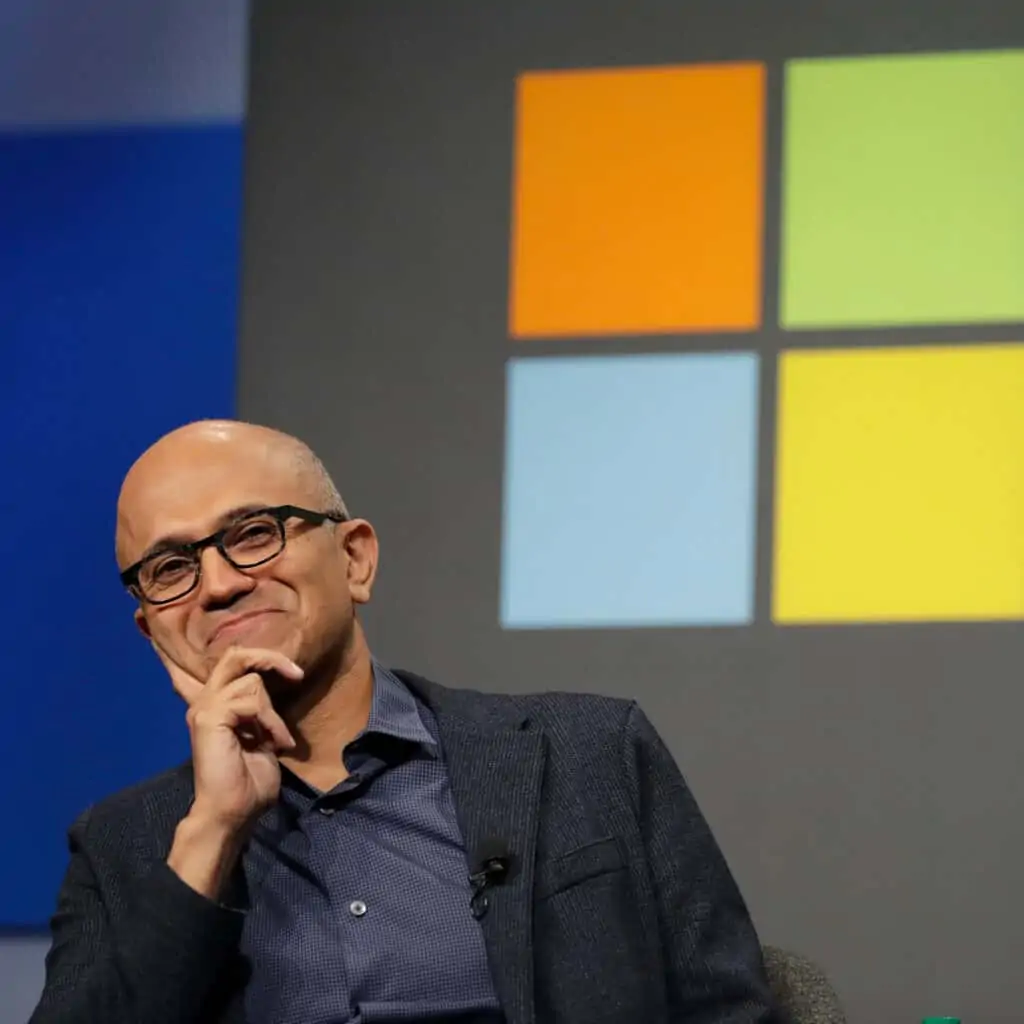
As the CEO of Microsoft, he directed the company towards forthcoming segments like cloud computing and augmented reality, away from its previous mobile strategy, which had been failing. He also oversaw Microsoft’s purchase of professional networking platform, LinkedIn in 2016
He replaced billionaire Steve Ballmer as Microsoft CEO back in 2014, and since then, the company’s stock witnessed an increase of about 150%.
Michael Dell, CEO of Dell Technologies
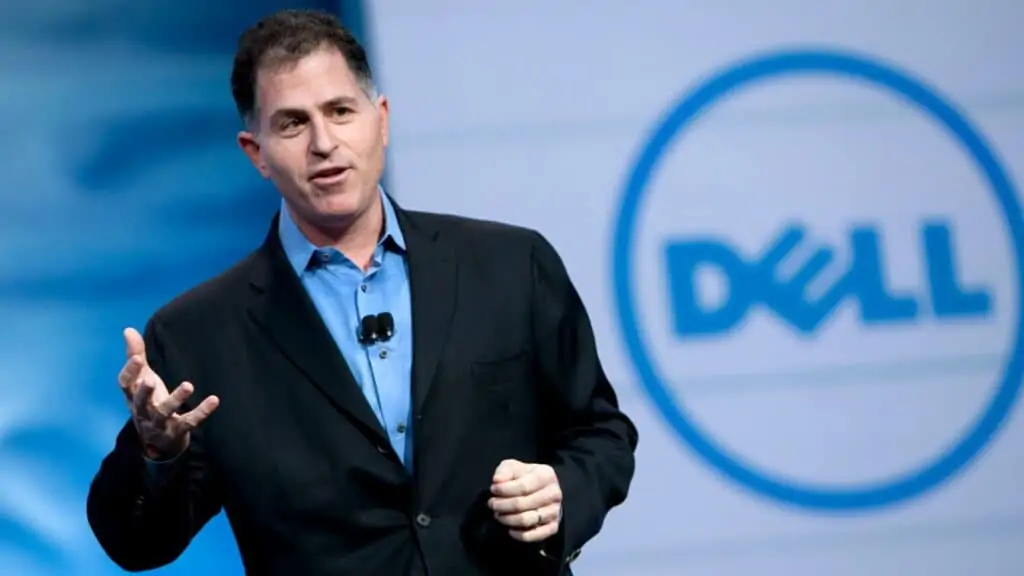
When Michael Dell returned to the post of CEO in 2007, he introduced the Inspiron 8000, which grew to become the most powerful notebook computer in the market.
He also decided to expand from the company’s longtime dependence on their telephone and internet sales. He chose to sell their computers in national retailers like Wal-Mart, after which they moved into the enormous Chinese market.
Such decisions made the company achieve new heights, and the sales of the company in 2008 topped a whopping $60 billion.
Lei Jin, CEO of Xiaomi
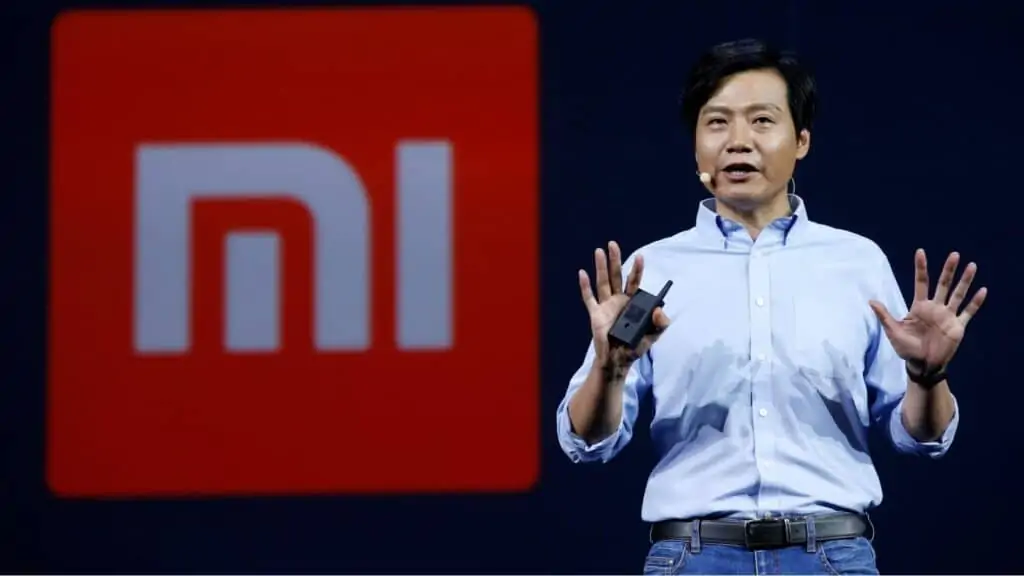
Lei Jin co-founded Xiaomi, and it began to take off in just a few years after it started, the reason being its new affordable handset, which was a hit among Chine smartphone buyers.
He also employed resourceful online marketing at a suitable timing, which led to the company’s great success in a considerably short amount of time. As of 2020, Xiaomi is the world’s third-largest smartphone company.
CEO vs Owner
One often uses the words owner and CEO interchangeably. These terms are, in fact, not the same.
An owner owns all or majority of the shares of a business. If this individual has a partner with equity in the company, that individual would be referred to as the co-owner.
An owner is in charge of almost everything in the business, right from operations to marketing. The owner is usually the founder who starts a business, and later adds key executives to ensure the smooth operations of a business when the business begins to expand. It is often the owner who takes up the CEO’s formal title when the business begins to take off.
The CEO of a company is an employee or executive who is in charge of the organisation’s strategic management. CEOs oversee all other employees working for them. If the company has a board of directors, which it usually has, the CEO is accountable to the board, and the CEO also provides the business with strategic guidance.
Go On, Tell Us What You Think!
Did we miss something? Come on! Tell us what you think about our article on chief executive officer in the comments section.
A startup enthusiast who enjoys reading about successful entrepreneurs and writing about topics that involve the study of different markets.
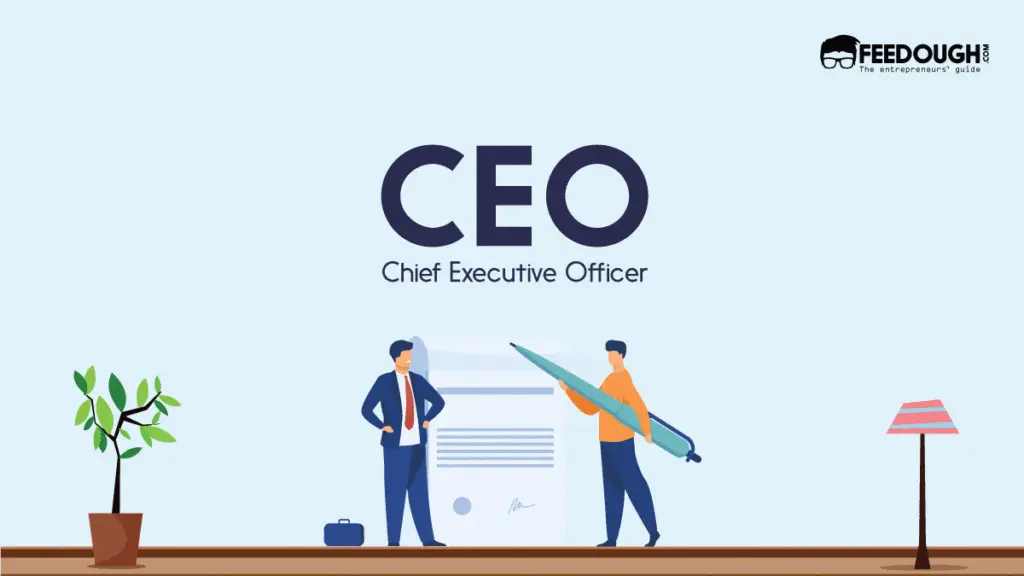
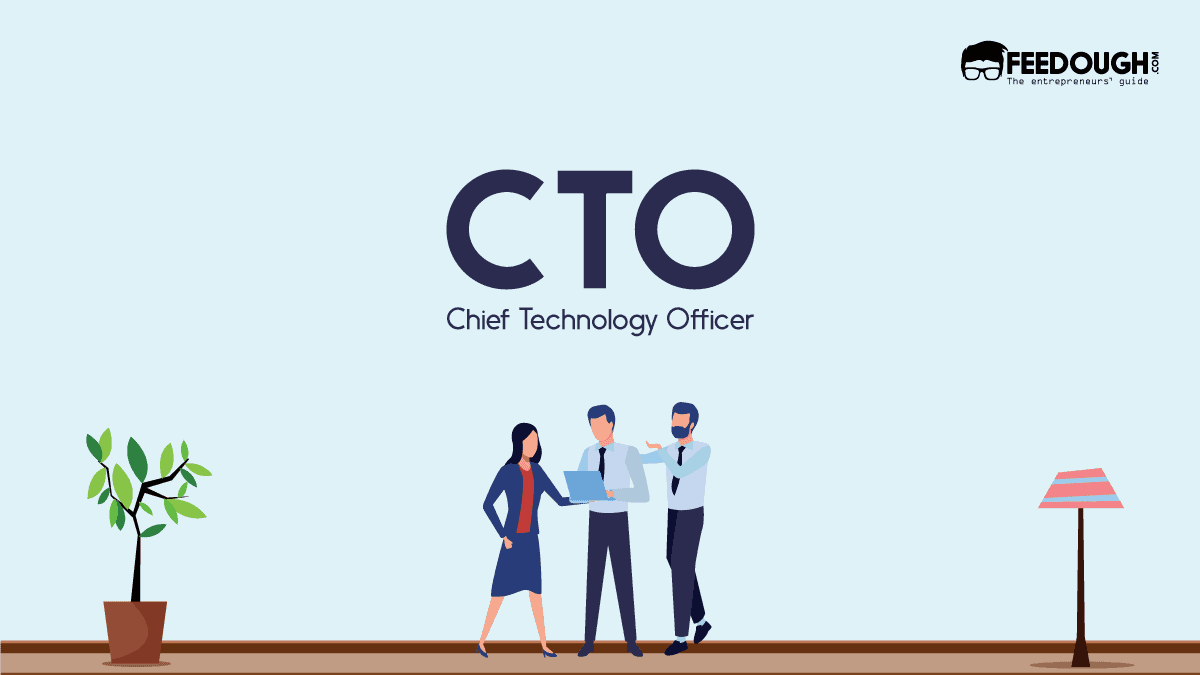
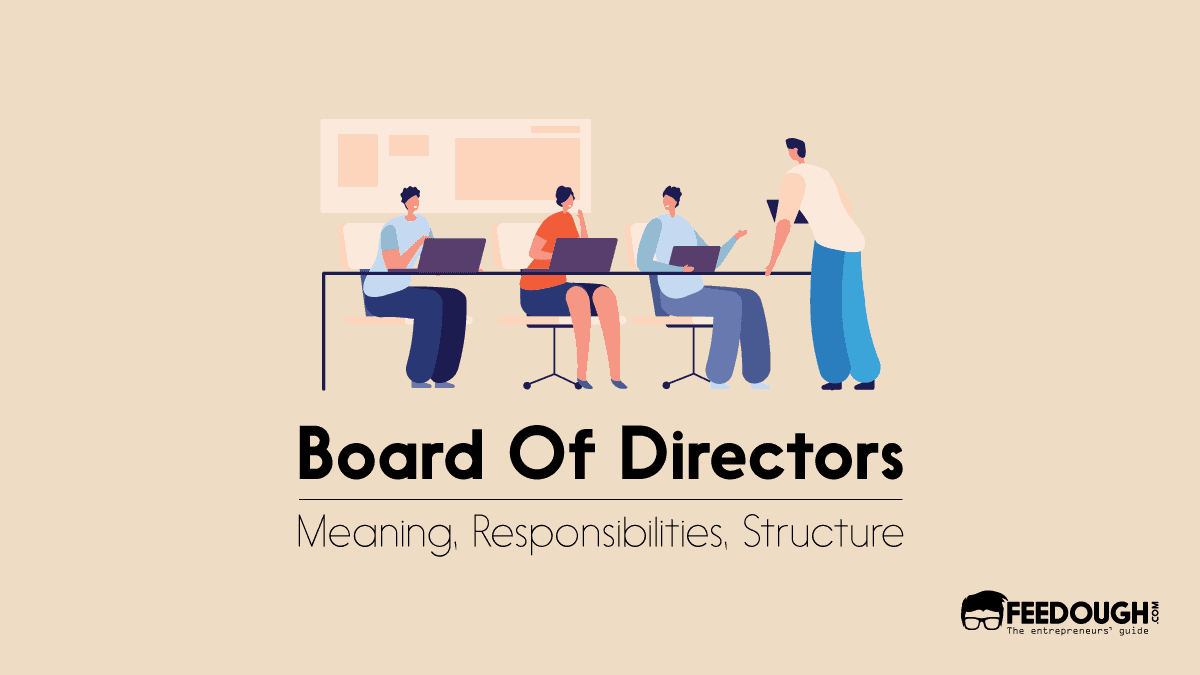

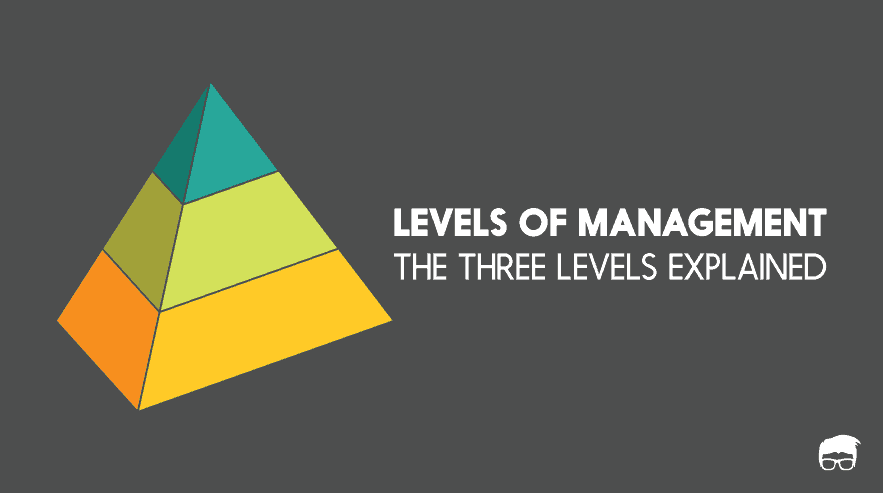

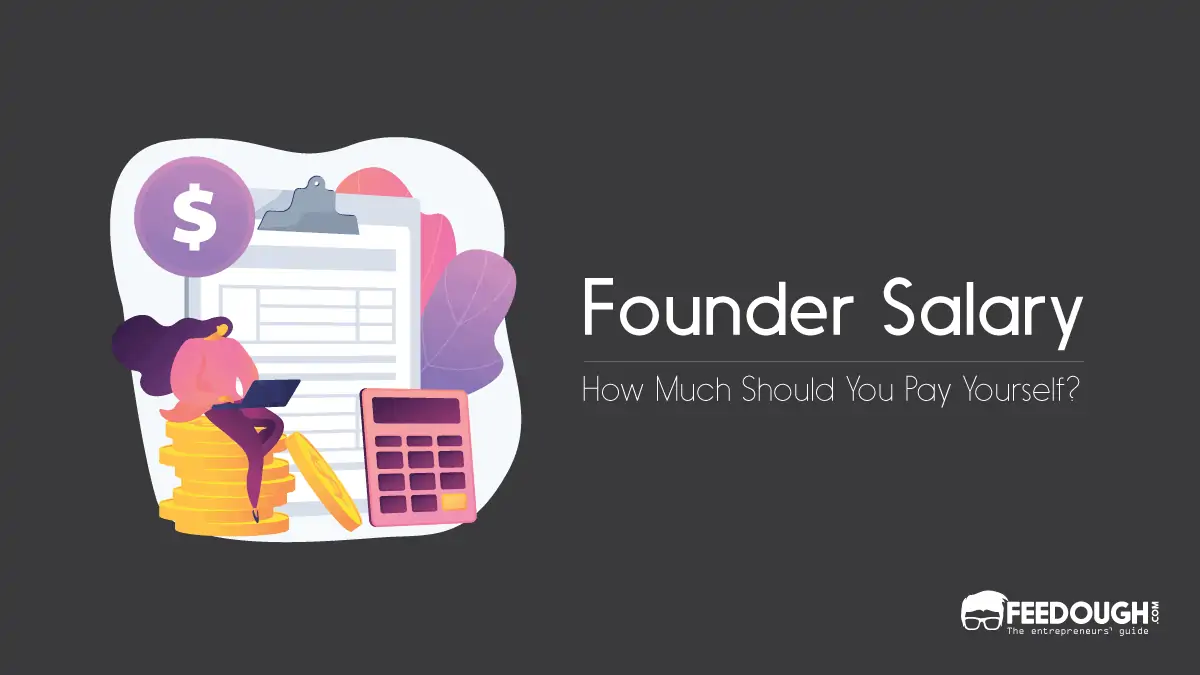
![The 10 Types Of Entrepreneurs [Infographic] types of entrepreneurs](https://www.feedough.com/wp-content/uploads/2017/10/types-of-entrepreneurs-1-02.webp)

